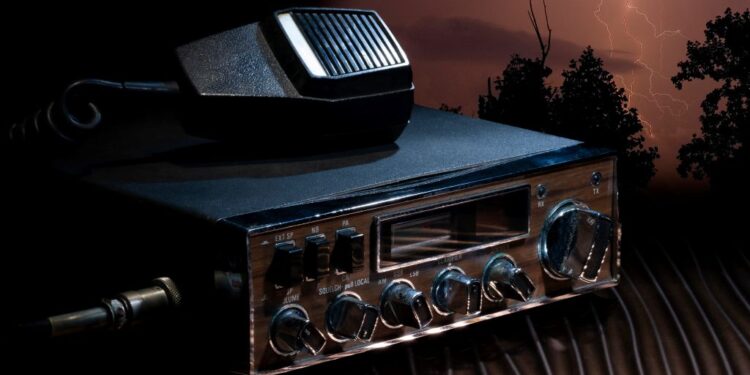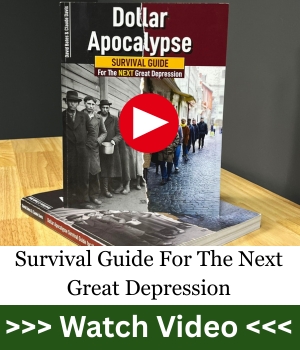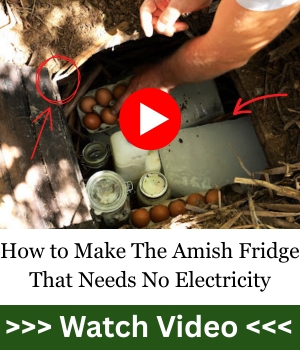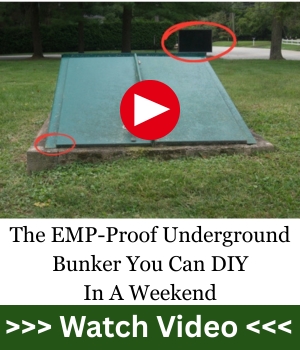Prepping isn’t about paranoia or expecting the end of the world. At its core, it’s about being ready for whatever life throws your way—whether it’s a hurricane, a job loss, or a long-term grid failure. It’s the mindset and practice of anticipating disruptions and taking practical steps now to stay safe, comfortable, and self-sufficient later.
So, What Exactly Is Prepping?
Prepping is the process of building skills, gathering resources, and planning ahead to reduce your vulnerability in emergencies. It’s not a one-size-fits-all approach. For one person, it might mean learning to grow and store their own food. For another, it might mean putting together a blackout kit or learning basic first aid.
At its heart, prepping is about risk reduction. You identify what threats are most likely to affect you, based on where you live, your health, your finances, and other factors. Then, you work to minimize the impact those threats could have.
What Is a Prepper?
A prepper is someone who takes personal responsibility for being ready when life doesn’t go as planned. Instead of waiting for help or hoping everything will stay normal, preppers prepare for the unexpected, like natural disasters, economic trouble, grid failures, or any event that can disrupt daily life.
Being a prepper doesn’t mean living in fear. It means thinking ahead. It means storing food and water, learning useful skills, and having a plan when systems break down. Preppers come from all walks of life: farmers, city dwellers, retirees, young families. What they have in common is the mindset that no one is coming to save them. They need to be ready to take care of themselves and the people they care about.
A prepper isn’t always someone with a bunker and a year’s worth of supplies. Sometimes it’s just a parent with extra food in the pantry and a way to cook when the power goes out. The goal isn’t to panic. The goal is to be prepared. And in uncertain times, that makes all the difference.
Who Becomes a Prepper?
Anyone can become a prepper. Some grew up rural and have always been self-reliant. Others live in cities but want to be less dependent on fragile systems. Many started prepping after living through a disaster or hardship that exposed just how quickly things can fall apart.
There’s no single profile. You’ll find preppers who are tech-savvy engineers, stay-at-home parents, former military, retirees, and urban dwellers. The one thing they all share is the desire to take responsibility for their own well-being and not wait for help that might never come.
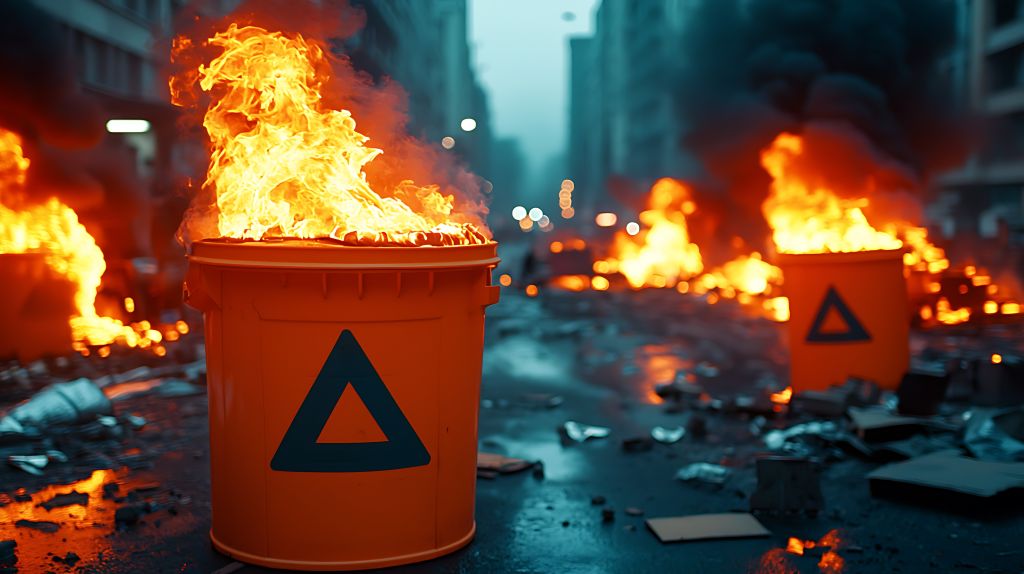 Prepping Is Not Just About the Worst-Case Scenario
Prepping Is Not Just About the Worst-Case Scenario
While some preppers prepare for large-scale catastrophes like EMPs or economic collapse, most focus on more likely situations: extended power outages, job layoffs, severe weather, civil unrest, or food supply interruptions. Even being ready for a two-week disruption can make a world of difference.
Preparedness isn’t doom-and-gloom. In fact, it often brings peace of mind. When you know you have food in the pantry, backup power, and a plan to keep your family safe, you’re far less anxious about the unknown.
The Basics Every Prepper Should Cover
You don’t need to dig a bunker to start prepping. Focus on the basics:
-
Water: Learn how to store and purify it.
-
Food: Stock up on long-lasting staples and learn preservation methods.
-
Shelter: Know how to keep warm or cool if utilities fail.
-
Security: Understand how to protect yourself and your home.
-
Health: Build a solid first aid kit and learn how to use it.
-
Communication: Have ways to stay informed when the grid goes down.
Start small. Build on your skills and supplies gradually. Prepping is a marathon, not a sprint.
Common Misconceptions About Prepping and Preppers
Prepping often gets a bad rap, mostly from Hollywood portrayals and media hype. If all you’ve seen are TV shows featuring camo-clad doomsday bunker builders, it’s no wonder the word “prepper” makes you raise an eyebrow. But the reality is very different. Here are a few of the most common myths and the truth behind them.
- Preppers Are Paranoid Doomsday Fanatics
This is probably the biggest misconception. Most preppers aren’t waiting for the end of the world. They’re preparing for likely scenarios—like power outages, job loss, or extreme weather. It’s not about fear; it’s about being realistic.
- Prepping Is Only for Rural Folks with Land
While having space helps, you’ll find preppers in apartments, suburbs, and cities. Urban preppers might focus more on security, compact storage, or community networks, but they’re just as prepared in their own way.
- You Have to Spend a Fortune to Be a Prepper
Prepping isn’t about buying gear for the sake of it. It’s about smart planning. Many preppers build their supplies slowly over time and rely more on skills than physical items they bought. Canning food, saving seeds, learning first aid. These don’t cost much but go a long way.
- Prepping Means Isolating Yourself from Society
Some believe prepping is about cutting ties and going off-grid. For a few, that’s the goal. True. But most preppers value strong community ties. After all, in a real crisis, knowing who you can count on locally may be just as important as how much you’ve stocked.
- It’s All or Nothing
You don’t need a five-year food supply and a solar-powered retreat to call yourself a prepper. Taking even small steps, like storing water, having a blackout plan, or growing your own herbs, puts you miles ahead of the average household.
Modern Prepping Is Practical, Not Extreme
Thanks to years of media exaggeration, many people still associate prepping with fringe behavior or conspiracy theories. But modern prepping is rooted in common sense. It’s not about fear! It’s about responsibility!
Think about insurance. You pay into it hoping you never need it, but if disaster strikes, it can save you. Prepping works the same way. It’s your insurance against chaos, only it’s hands-on and proactive.
At Its Core, Prepping Is A Better Way to Live
At the end of the day, prepping is less about surviving and more about thriving when systems fail. It’s about taking ownership of your future, building resilience, and creating a buffer between your loved ones and uncertainty. It’s not weird. It’s wise.

